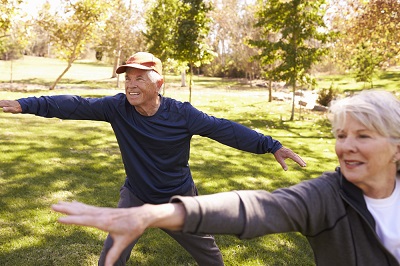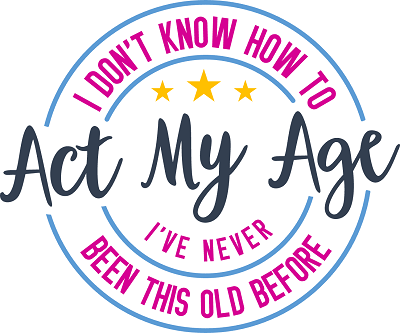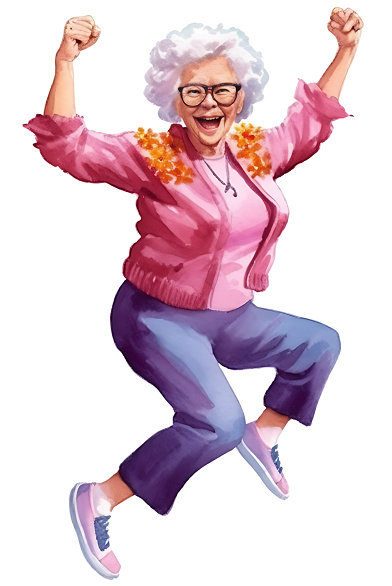 In recent years, more and more research studies have been undertaken in order to find out the positive effects of Tai Chi on a person’s physical and mental health.
In recent years, more and more research studies have been undertaken in order to find out the positive effects of Tai Chi on a person’s physical and mental health.
Researchers in both the East Asian medical and Western medical circles have come together to provide compelling evidence that Tai Chi has many medical benefits, including the improvement in balance, coordination, posture, medical disorders and even the aging process itself.
Tai Chi is well known to reduce stress, support heart health, and reduce depression and anxiety. Tai Chi also improves brain function and cognition, and Tai Chi practitioners have been shown to increase gray matter in the brain by 40%. It is even used by breast cancer patients to improve their quality of life.
Additionally, it seems that it may benefit memory as well.
A Recent Study on Tai Chi and Memory
A recent research study has been undertaken to see how Tai Chi can affect the memory and cognitive powers among an elderly population who practice Tai Chi at least three times per week. Each Tai Chi routine lasts from about 30 minutes to an hour and can be done by people who have just about any fitness level.
The study is based on the premise that, if Tai Chi can improve memory processes, it may be able to slow the progress of or delay the onset of Alzheimer’s disease in the elderly. In Alzheimer’s disease, there are increased numbers of plaques in the brain, the presence of neurofibrillary tangles in the brain, and brain shrinkage.
If Tai Chi can alter any of these factors, then it might be a promising way to stop the aging process going on inside the human brain.
While Tai Chi is a physical exercise, it is also a mind-body exercise that brings the brain into the practice through deep concentration and meditation. The brain and the body work together to focus on breathing and the carrying out of the fluid, gentle exercises.
Besides its benefits on the body as a whole, it improves mental activity and clarity so that it has the potential to maximize memory.
Study Results
What the study found was that, after several months of practicing Tai Chi, the individuals who practiced this form of exercise were able to increase their overall brain volume and improve their scores on memory tests.
The increase in brain volume could not be explained; however, it is the opposite of what happens in Alzheimer’s disease, where the brain’s neural connections decrease and the brain shrinks. The brain is also known to increase in size when people engage in more strenuous aerobic exercise.
However, this study was the first to look at an exercise not considered to be too taxing. Even so, Tai Chi’s moderate aerobic approach seemed to have the same benefit as stronger forms of exercise.
In the above study, which took place over an eight-month period of time, the Chinese researchers studied the difference in brain volume in people who did Tai Chi and in people who had no intervention.
All participants took part in a stimulating discussion three times a week during the study period. Those who participated in stimulating discussion and those who simply practiced Tai Chi were able to increase their brain volume.
Those that didn’t participate in Tai Chi had decreases in brain volume to a degree that is seen in most people who are between 60 and 70 years of age.
Tai Chi and Regular Exercise
Tai Chi tends to be a better form of exercise in older people who have a decreased capacity for intensive aerobic activity mainly because it is a low impact activity.
Since Tai Chi was similar to intensive exercise when it came to increasing brain volume, it is likely that this much milder form of exercise can still benefit memory and concentration in people who can’t engage in more intense forms of aerobic activity.
Because the brain is engaged in doing Tai Chi, it releases growth factors in the brain that can stimulate brain growth. If this were the case for Tai Chi as well as other forms of aerobic exercise, it would imply that people should practice Tai Chi from when they are young through their aging years as a way to keep the brain healthy and delay or prevent the onset of Alzheimer’s disease.
In addition, people who undergo regular exercise like Tai Chi tend to be more socially engaged, which can also improve memory and cognition at all ages of life.


